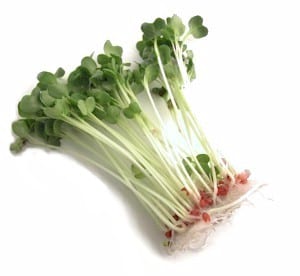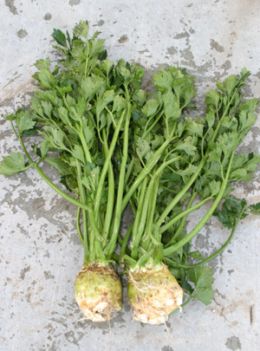Acorn squash is a winter squash, typically first available mid to late fall. Both summer and winter squash belong to the same genus, Curcubita. Acorn squash is specifically of the Curcubita pepo variety. Unlike summer squash, winter squash has a hard exterior shell that can’t be eaten. Baking or steaming the squash yields wonderful results — a sweet yellow to orange flesh that boasts extraordinary nutritional value and taste.
Many of the versions of winter squash on the market are more newly developed than the acorn squash. The butternut squash, for instance, wasn’t first created until the 20th century. Acorn squash in its original form is ancient and was a true staple in the Native American diet.
Health Benefits of Acorn Squash
One serving or one cup of acorn squash contains 145% of the daily recommended requirements for Vitamin A. It also contains Vitamin C, potassium, manganese, folate (folic acid), and 15% of the omega three fatty acids necessary to good health. It is also a good source of fiber. With all of these vitamins and minerals acorn squash has many health benefits.
Because it contains phytonutrients, acorn squash is thought by many to have an anti-cancer effect which is especially strong when the squash is turned into a juice. It may also promote prostate health in men by reducing symptoms of benign prostatic hypertrophy (a condition in which the prostate gland becomes enlarged).
The orange-yellow color in squash comes from the Vitamin A precursor. The strong presence of beta-carotene, helps reduce the possibility of lung cancer, even in smokers. Carrots have the same benefit. The beta-carotene also reduces free radicals in the body, even while reducing the chance of heart disease and colon cancer.
Folate in acorn squash is important for a healthy body as it works to reduce homocysteine which is a byproduct of metabolism. Homocysteine can damage blood vessel walls. In this way it helps prevent heart-attacks and strokes. It is also a factor in colon health. Folic acid is also important for brain health, combining withVitamin B12 to prevent nerve damage and brain shrinkage.
|
|

